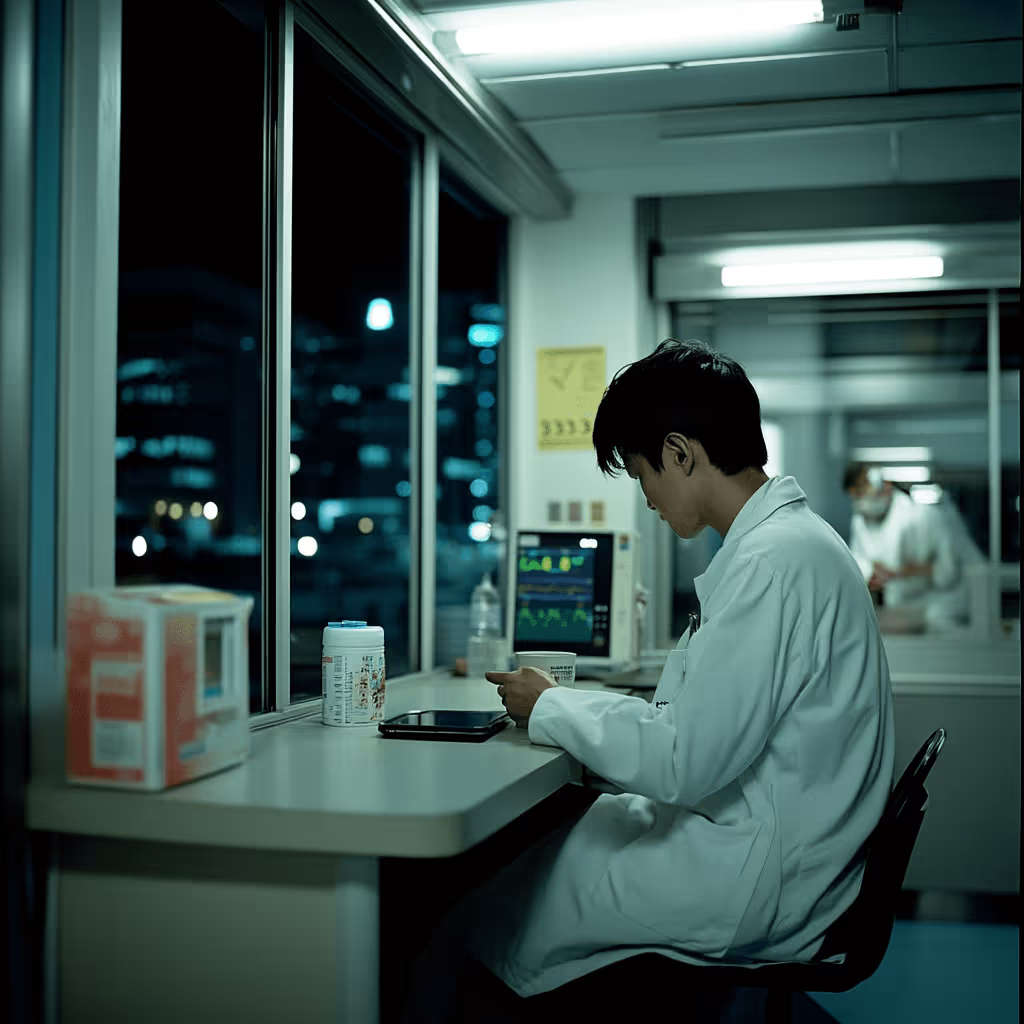February 6, 2025

Becoming a doctor in Singapore is a long and grueling process. After years of medical school, graduates enter residency, where they train intensively under experienced physicians. This phase determines their specialization and future career path, but it comes at a cost. Long shifts, mounting pressure, and the emotional toll of patient care define the daily experience of a resident doctor. While some thrive in the fast-paced hospital environment, others struggle with exhaustion and burnout.
Residents in Singapore take on extensive responsibilities from the start. They assist in surgeries, manage patient care plans, and handle emergencies during overnight shifts. The learning curve is steep, with constant evaluations and expectations to perform at a high level. Senior doctors guide them, but the demand for quick decision-making and efficiency leaves little room for mistakes. The stress is relentless, but for many, the experience is an essential step toward becoming a fully licensed doctor.
Residency is known for its grueling hours. Many doctors work shifts that stretch well beyond 24 hours, juggling multiple patients while handling administrative tasks. The long working hours and lack of rest can lead to severe burnout, affecting both physical and mental health. Fatigue becomes a constant companion, making it difficult to focus and increasing the risk of medical errors. Some doctors push through, believing it’s part of the process, while others begin to question if the sacrifice is worth it.
For some, the pressure becomes too much. Stories of doctors walking away from their medical careers are becoming more common. One former resident in Singapore shared that after accumulating medical school debt, the exhaustion of residency made her question everything. The constant stress, lack of personal time, and the realization that the demands of being a doctor never truly end led her to make the difficult decision to leave the profession. Her story is not unique—many young doctors struggle with the same doubts and consider alternative career paths.
Despite the hardships, many residents find purpose in their work. The satisfaction of seeing a critically ill patient recover, the gratitude of families, and the camaraderie among colleagues make the experience rewarding. The hospital environment fosters strong bonds between residents who rely on each other to get through long shifts and difficult cases. Support systems, mentorship, and learning opportunities keep them going, even when the workload feels unbearable.
Some doctors reflect on their residency as a defining period of their careers. The challenges force them to grow, develop resilience, and refine their medical skills. While the exhaustion is real, so is the impact they make on their patients. For those who choose to stay, residency becomes a stepping stone to a future where they can practice medicine with more control over their schedules and career paths.
The life of a resident doctor in Singapore is relentless, testing both physical endurance and emotional resilience. The healthcare system relies on these young doctors to keep hospitals running, yet the cost to their well-being is undeniable. Some push through and build successful careers, while others decide the sacrifices are too great. The question remains—how long can a system demand so much before it breaks the very doctors it depends on?
Join our weekly digest and be the first one to know about new articles.